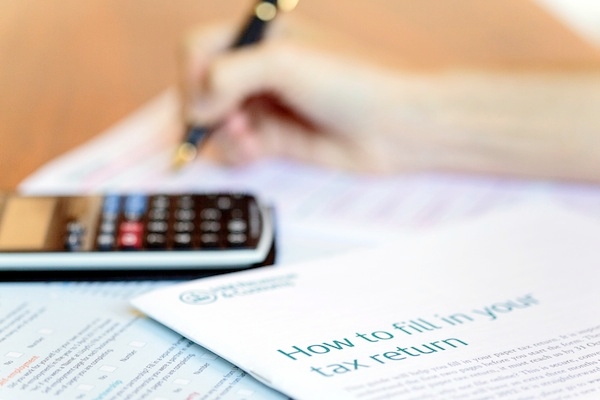Companies including Next, Debenhams, Morrisons and Topshop claimed they were overcharged on so-called interchange payments paid by shops to credit and debit card issuers when customers buy goods using plastic. However, Mr Justice Popplewell has declared the fees were neither anti-competitive nor unlawful.
Debt
Responding to the Bank of England’s latest money and credit statistics, Citizens Advice says rising consumer borrowing could lead to serious debt problems further down the line – but that it is household bills putting the pressure on people’s finances now.
According to the Bank’s December 2016 figures, unsecured consumer credit is at its highest level since the financial crash and recession of 2008.
Gillian Guy, chief executive of Citizens Advice, said: ‘Rising consumer borrowing could spell debt problems for the future – but it is household bills that are a pressing issue for many families now.’
Shell ThisisMoney reports that the oil giant Shell has sold off £3 billion ($3.8 billion) worth of North Sea assets following the waning demand for oil.The company forged a deal with Chrysaor Holdings Limited, a private-equity backed firm which is headquartered in London and registered in the Cayman Islands.
Cashback
Cash rebates are seen as a great sweetener for cash-strapped first-time buyers, with the providers that offer this type of incentive really standing out from the crowd. However, research by Moneyfacts.co.uk shows that the average cashback for those with a modest deposit (90 and 95 per cent loan-to-value) has fallen by £59 in just two years.
Charlotte Nelson, finance expert at Moneyfacts.co.uk, said: ‘At a time when providers are fighting for borrowers’ attention, the slump in cashback for those seeking higher loan-to-values (LTVs) is disappointing. Not only has the amount offered to borrowers been affected, but the number of cashback deals overall has also seen a decline, from 1,022 deals two years ago to 918 today, although the number at 90 per cent and 95 per cent LTV has in fact increased over that time.’
Eurozone
Euro area annual inflation is expected to be 1.8 per cent in January 2017, up from 1.1 per cent in December 2016, according to a flash estimate from Eurostat, the EU’s statistics office.





Comments